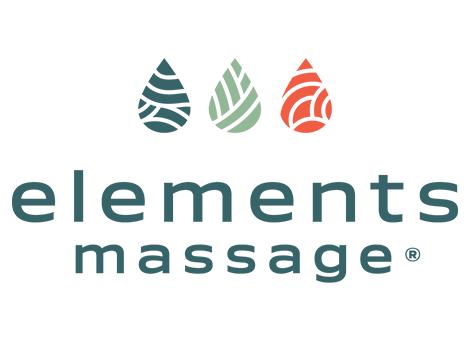Massage Therapy's Role in Decreasing Muscle Deterioration
Muscle deterioration, or muscle atrophy, refers to the loss of muscle mass and strength due to various factors, including aging, disuse, injury, or disease. This condition can significantly impact mobility, functionality, and overall quality of life. Emerging research suggests that massage therapy can play a beneficial role in slowing down or even preventing the process of muscle deterioration by promoting muscle health and function.
Mechanisms Through Which Massage Therapy Combats Muscle Deterioration
-
Enhanced Nutrient Delivery: Improved blood circulation resulting from massage therapy ensures that muscles receive a steady supply of essential nutrients and oxygen. This enhanced delivery supports muscle maintenance and can prevent or slow the process of muscle atrophy by ensuring that muscle cells have the resources needed for energy production and repair (Crane et al., 2012).
-
Stimulation of Mitochondrial Activity: Massage therapy has been found to stimulate mitochondrial activity, the powerhouse within muscle cells responsible for energy production. Increased mitochondrial activity can help maintain muscle vitality and function, reducing the risk of muscle deterioration (Crane et al., 2012).
-
Reduction of Inflammatory Markers: Chronic inflammation can contribute to muscle deterioration by damaging muscle tissue and inhibiting repair mechanisms. Massage therapy has been shown to reduce levels of inflammatory markers, thereby protecting muscle tissue from inflammation-induced damage and supporting muscle health (Field, 2014).
-
Prevention of Fibrosis: Fibrosis, the thickening and scarring of connective tissue, often occurs after muscle injury and can lead to muscle deterioration by restricting movement and functionality. Massage therapy can help prevent the formation of fibrosis by promoting proper alignment of new connective tissue fibers, thus maintaining muscle elasticity and preventing the loss of muscle function (Bove & Chapelle, 2016).
Scientific Evidence on Massage and Muscle Deterioration
Research supports the potential of massage therapy in addressing muscle deterioration. A study by Crane et al. (2012) demonstrated that massage therapy not only reduced inflammation but also promoted mitochondrial biogenesis in skeletal muscles, suggesting a mechanism through which massage could prevent muscle atrophy and enhance muscle repair and regeneration.
Additionally, a review by Field (2014) highlighted the anti-inflammatory effects of massage therapy, which could indirectly contribute to preventing muscle deterioration by protecting muscle cells from inflammatory damage.
Conclusion
Massage therapy offers a promising, non-invasive approach to decreasing muscle deterioration. Through mechanisms such as improved circulation, enhanced nutrient delivery, stimulation of mitochondrial activity, reduction of inflammatory markers, and prevention of fibrosis, massage therapy can support muscle health and function. While further research is needed to fully understand the extent of these benefits and the most effective massage techniques for preventing muscle deterioration, current evidence indicates that massage therapy can be a valuable component of a holistic approach to maintaining muscle health and preventing atrophy.
References
- Bove, G. M., & Chapelle, S. L. (2016). Visceral mobilization can lyse and prevent peritoneal adhesions in a rat model. Journal of Bodywork and Movement Therapies, 20(1), 58-66.
- Crane, J. D., Ogborn, D. I., Cupido, C., Melov, S., Hubbard, A., Bourgeois, J. M., & Tarnopolsky, M. A. (2012). Massage therapy attenuates inflammatory signaling after exercise-induced muscle damage. Science Translational Medicine, 4(119), 119ra13.
- Field, T. (2014). Massage therapy research review. Complementary Therapies in Clinical Practice, 20(4), 224-229.

